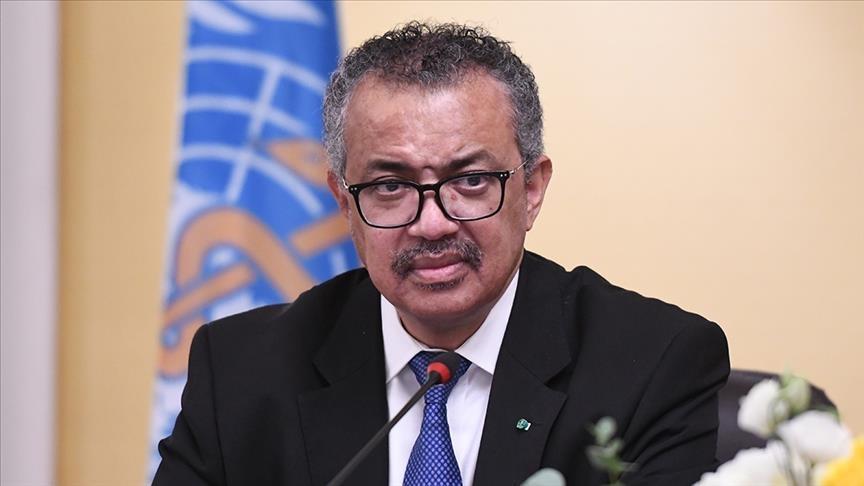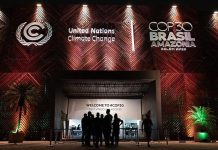Africa-Press – Eritrea. The World Health Organization (WHO) unveiled a new framework on Thursday for building climate-resilient and low-carbon health systems to strengthen their climate resilience and decarbonize depending on their capacities.
The move came ahead of the UN Framework Convention on Climate Change (COP28) and is designed to enhance health systems’ resilience while reducing greenhouse gas emissions to help safeguard health communities worldwide, it said.
“Around the world, health systems are vulnerable to the impacts of climate change, but they also contribute to it,” said WHO Director-General Tedros Adhanom Ghebreyesus in a statement on the framework.
“We, therefore, have a dual responsibility to build health systems that can withstand climate-related shocks while at the same time reducing their carbon footprint. This framework gives countries a roadmap for doing just that.”
As global temperatures rise and extreme weather events become increasingly common, the need for climate-resilient health systems has never been more critical, Tedros said.
The framework is intended mainly for public health professionals and managers to help guide decision-makers in other health-determining sectors such as nutrition, water and sanitation, and emergency management.
The WHO said international development agencies could use this framework to focus investments and support for public health, health system strengthening and climate change adaptation.
It emphasizes the optimization of resource use and the implementation of strategies to curtail greenhouse gas emissions while continuing to prioritize climate resilience.
Health sector opportunity
“This framework presents an opportunity for the health sector to lead by example by reducing its own greenhouse gas emissions – which are now responsible for almost 5% of the global total – while continuing to enhance the quality of care,” said the WHO.
It presents different pathways for health systems to strengthen their climate resilience and decarbonize depending on their overall performance, levels of greenhouse gas emissions, climate change, and health capacity.
The framework includes systems in low-income countries that must increase energy access and health service provision to provide universal health coverage.
Building climate-resilient and low-carbon health systems contributes to the WHO’s commitment to providing safe, quality healthcare services while helping combat the root causes of climate change, said the UN health agency.
COP28 is the 28th UN Climate Change Conference which will be held from Nov. 30 to Dec. 12 in Dubai.
It will feature a dedicated Health Day to stress the importance of incorporating public health priorities into climate discussions.
For More News And Analysis About Eritrea Follow Africa-Press







